Why You Need Competitive Intelligence
/Crayon's '2024 State of Competitive Intelligence' benchmarking report points to the need for CI for business. This survey finds that 65% of business sales are competitive by nature, and that's only when the client says it's a competitive business pitch. The figure is likely to be much higher, and with times being tough, businesses will have to be better prepared with their knowledge about how the market operates.
If you need background information for a sales pitch, please get in touch.






